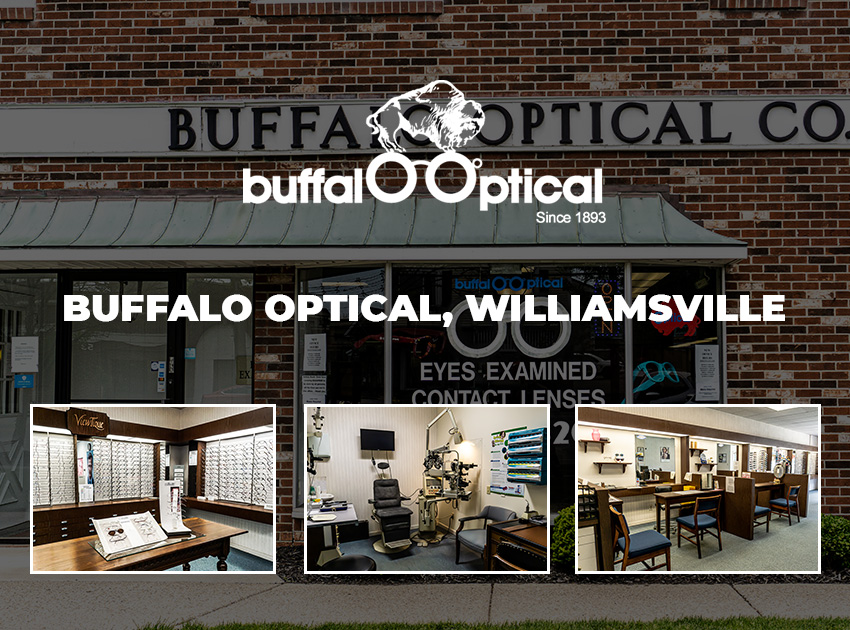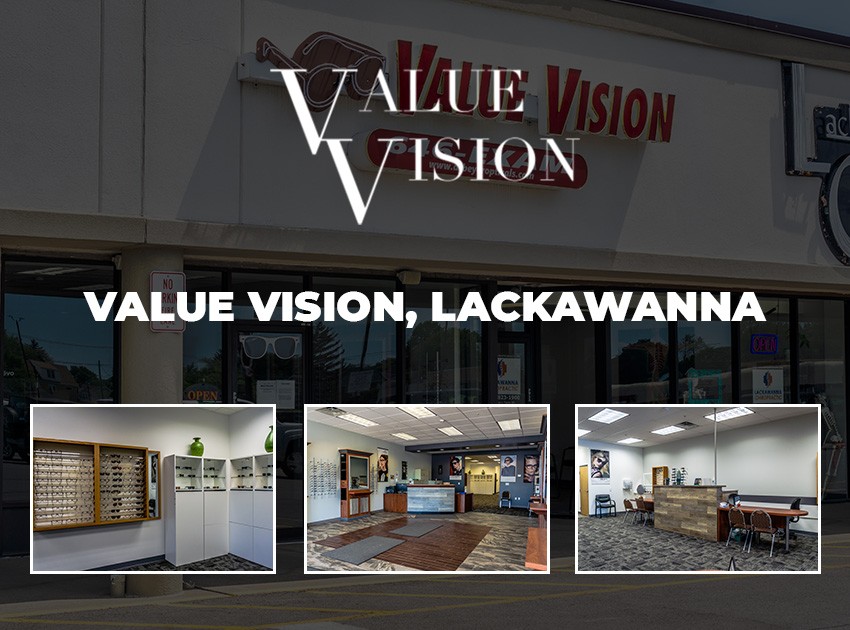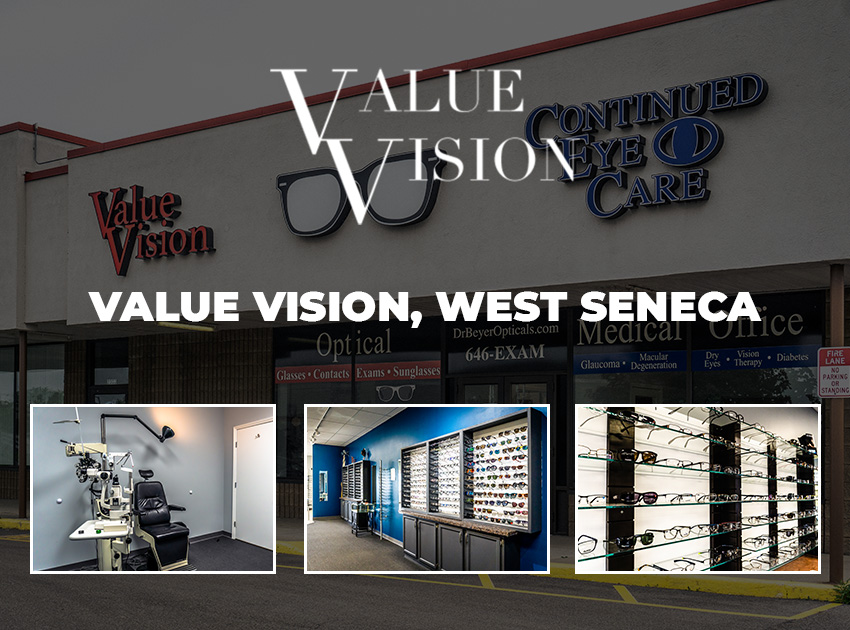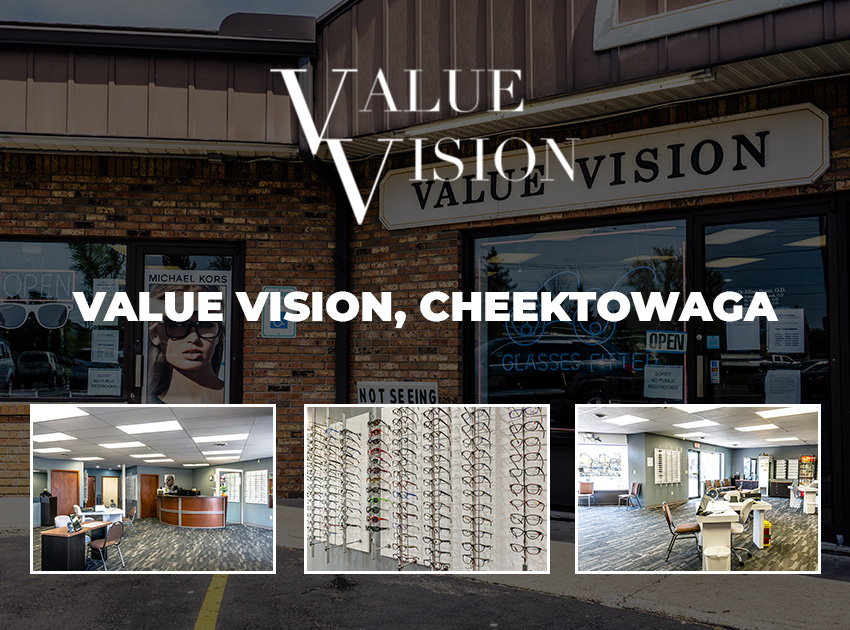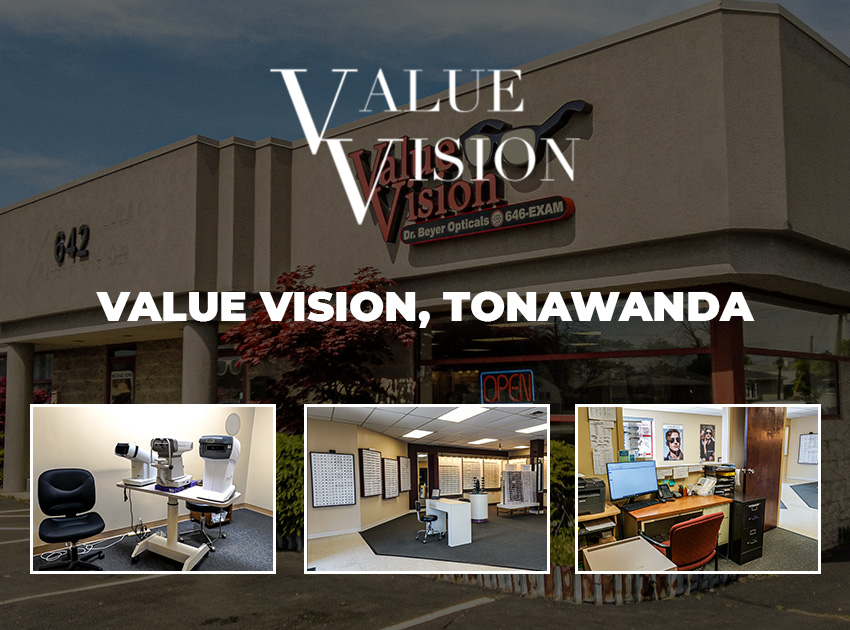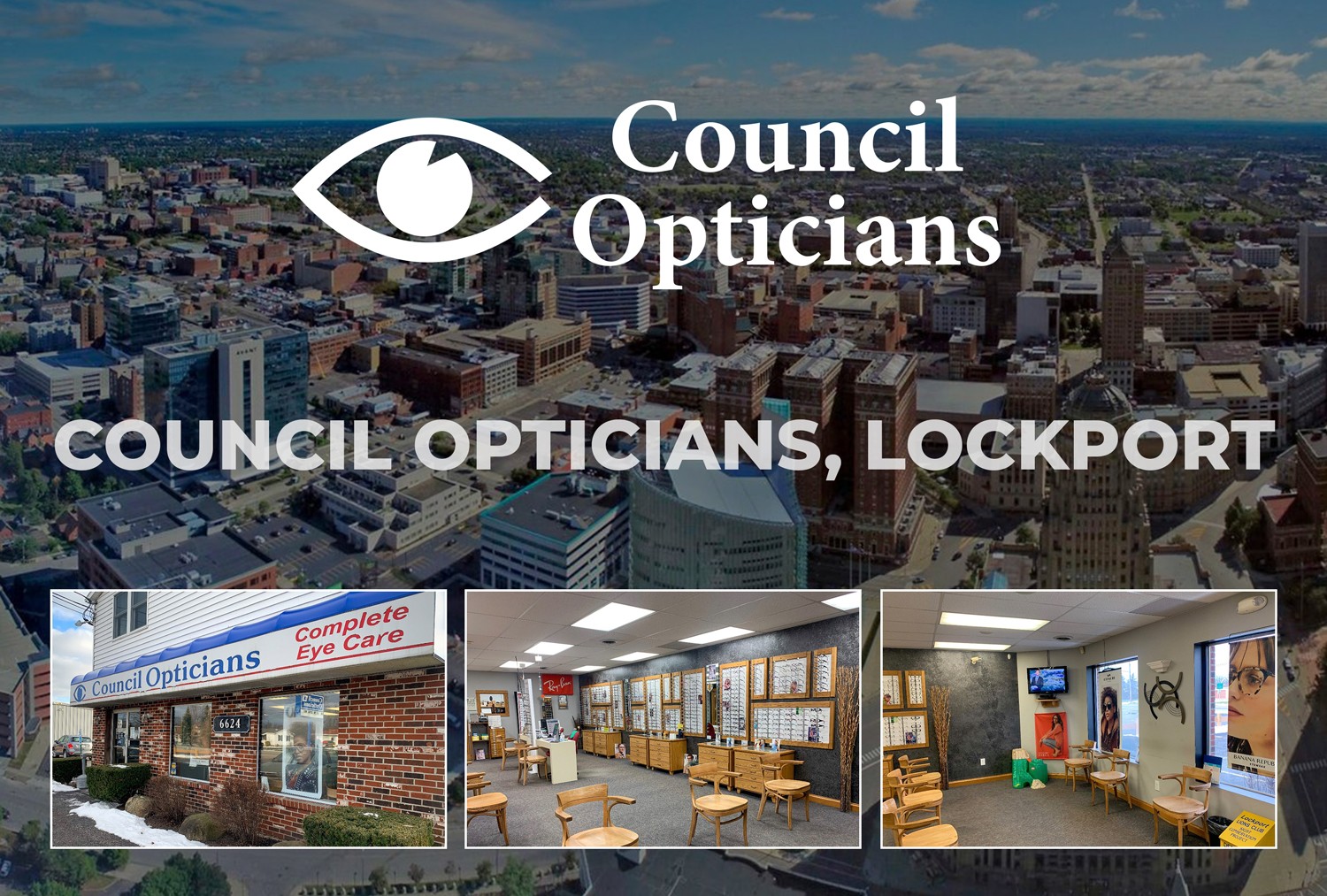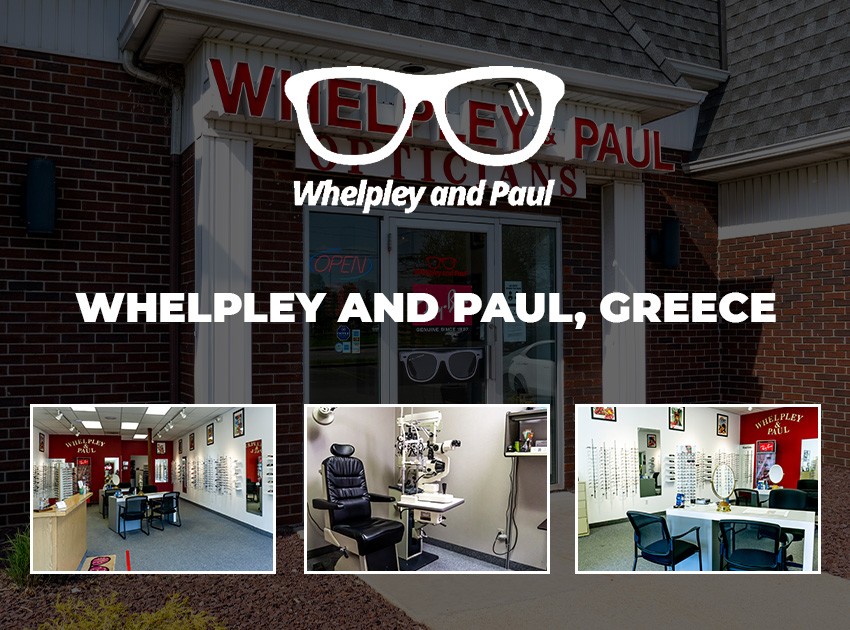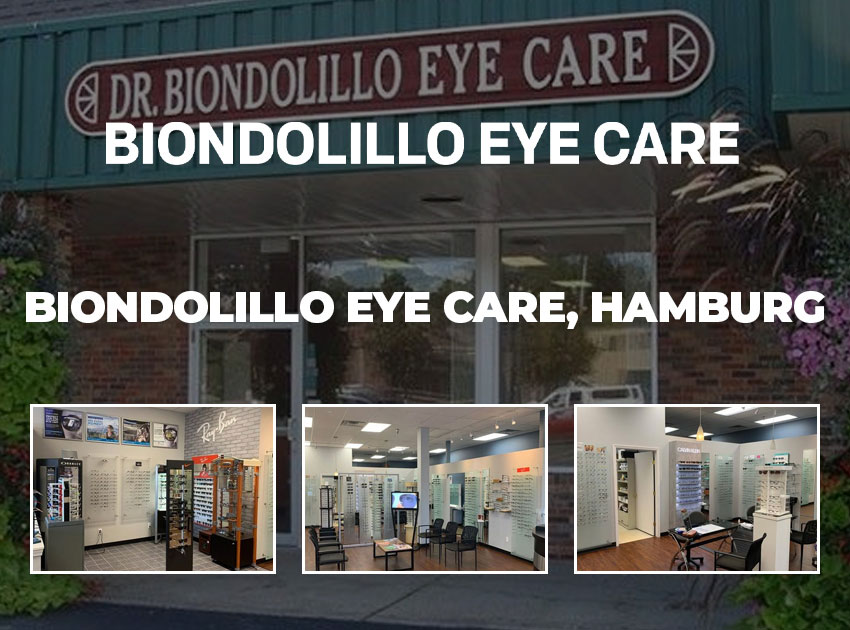Glaucoma Treatment in
Buffalo and Rochester, NY
Annual eye exams are crucial to your eye health because that’s the best way for us to stay on top of eye diseases like glaucoma. The glaucoma doctors in our member practices are highly trained to spot early signs of glaucoma and provide the proper treatments for your unique case and lifestyle.

What is Glaucoma?
Glaucoma is an increase of pressure inside the eye, known as intraocular pressure (IOP), that puts stress on the optic nerve. This can cause irreversible vision loss that usually starts with your peripheral (side) vision and moves inward.
The most common types of glaucoma are:
- Open Angle Glaucoma — About 90% of glaucoma cases involve the eye’s drainage canals becoming clogged over time, causing a slow build of IOP
- Angle Closure Glaucoma — Also known as acute glaucoma, the eye’s drainage canals get suddenly blocked, which results in rapid vision loss that requires emergency attention
All glaucoma should be treated as soon as possible, because if you experience any vision loss, you cannot get it back.
What are the Symptoms of Glaucoma?
Open angle glaucoma has the nickname “the sneak thief of sight” because permanent vision loss, such as minor blind spots in the periphery or tunnel vision, can be the first and only symptoms you notice.
Meanwhile, angle closure glaucoma has more immediate and intense symptoms, including:
- Blurring vision
- Halos or rainbow colors appearing in your vision
- Severe headaches or eye pain
- Nausea or vomiting
- Sudden vision loss
This is why regular eye exams are important — your doctor can examine you for signs of glaucoma that you would never notice, but appear during a comprehensive eye exam.
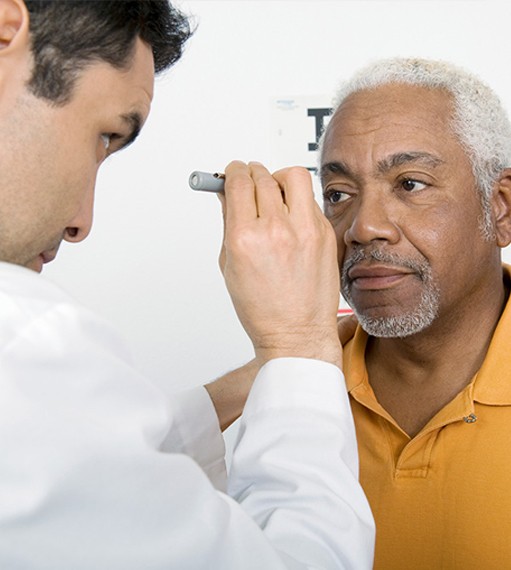

Glaucoma Risk Factors
In assessing your likelihood for glaucoma, your doctor will check for several risk factors.
- Age: Are you over 40?
- Ethnicity: African-American, Hispanic, and Asian people are at a higher risk
- Gender: Women are over twice as likely to develop glaucoma as men
- Blood-related disease: Do you have high blood pressure, diabetes, heart disease, or sickle cell anemia?
- Family history: Does glaucoma run in your family?
Some health conditions in the eye itself, such as cataracts, diabetic retinopathy, uveitis, or the presence of tumors, are linked with glaucoma.
Trusted Optometrists in Your Neighborhood

Friendly & Helpful

More than 5 stars
Value Vision Patient

Great Selection of Frames

Best Eye Doctor
How to Test for Glaucoma
One of the most important tests our glaucoma doctors perform is IOP measurement. High pressure inside the eye usually confirms the presence of glaucoma, but any unusual fluctuations in your IOP levels over time can also be a warning sign.
Another common test for glaucoma involves a visual field analyzer. As the name suggests, this device tests your eyesight quality in different areas across your field of vision. If you’re unable to detect light in the sides of your vision, it may indicate glaucoma.
Back-of-eye imaging may be used to get a picture of the optic nerve. This is especially useful for helping track the progression of glaucoma over time.
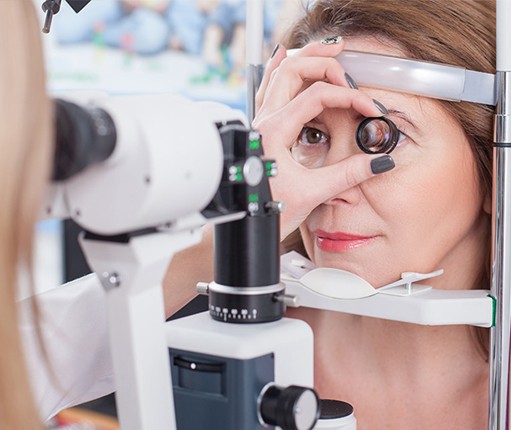

Treating & Managing Glaucoma
Though there is no cure for glaucoma, there are treatments that slow its onset. In treating glaucoma, an optometrist will usually start with medicated glaucoma eye drops. These drops help decrease the pressure in your eye by either encouraging fluid drainage or preventing the eye from creating so much fluid in the first place. For many patients, drops are enough to keep glaucoma at bay, especially in the early stages.
Your glaucoma doctor may also recommend some medications that can help alleviate the pressure, and in order to keep it down, also suggest eye health supplements and lifestyle changes.
Patients with extreme or highly progressed cases may be recommended to a specialist for surgery or other additional treatment. Many of the eye doctors at our member practices can co-manage your care to ensure that a specialist is well equipped to provide the best treatment.
Your Local Eye Doctor
in Buffalo, NY and Rochester, NY
Glaucoma is very serious, and the eye doctors at our member practices give it the attention it needs. Knowing what an impact glaucoma and vision loss can have on your quality of life means that they’ll use every tool at their disposal to find personalized solutions for you.


